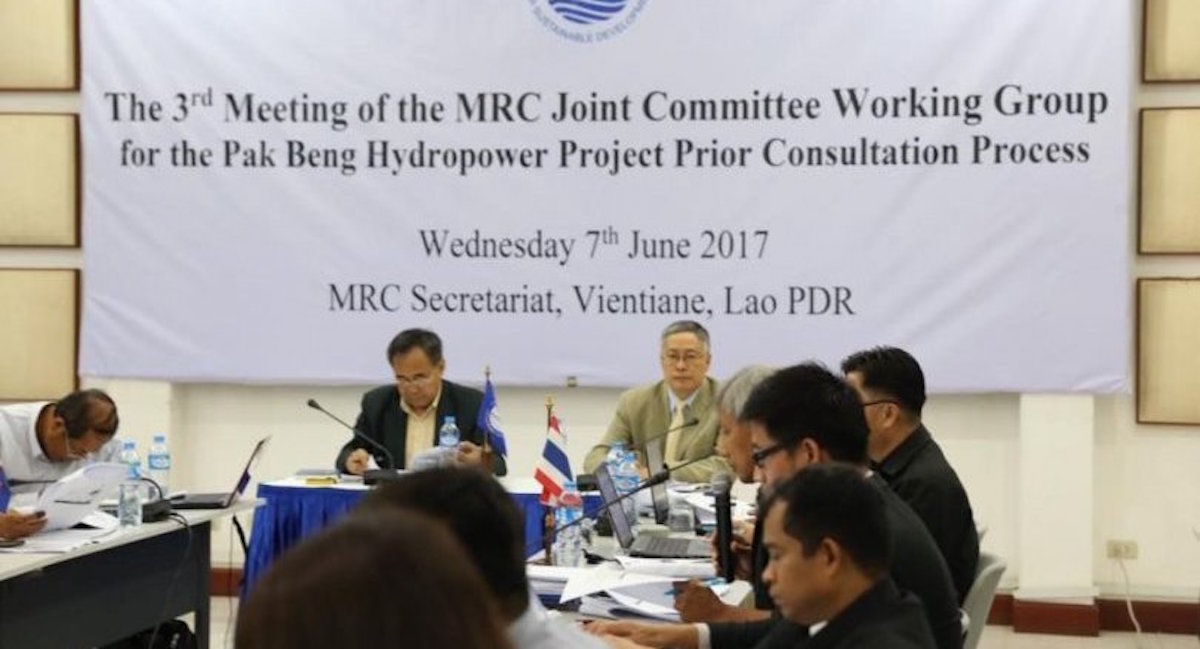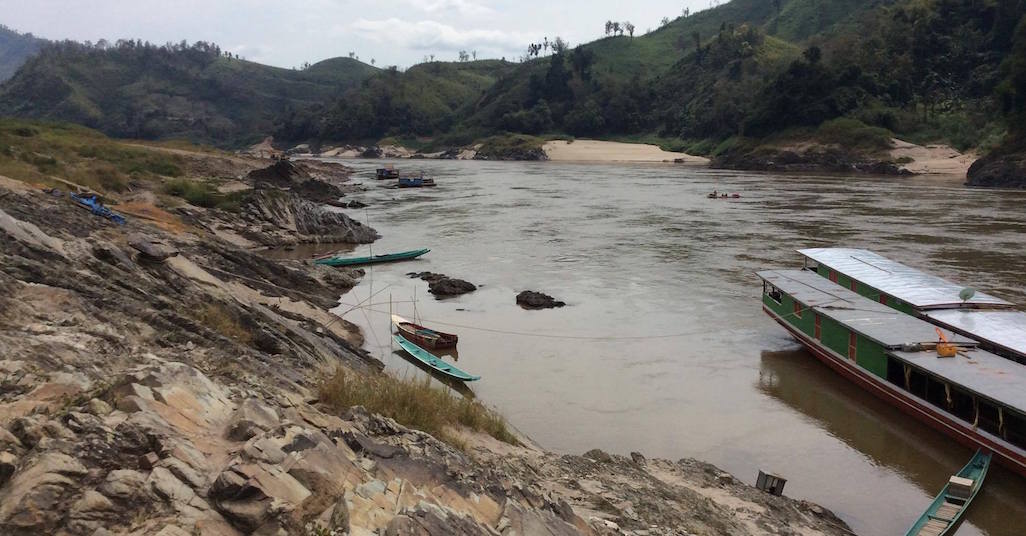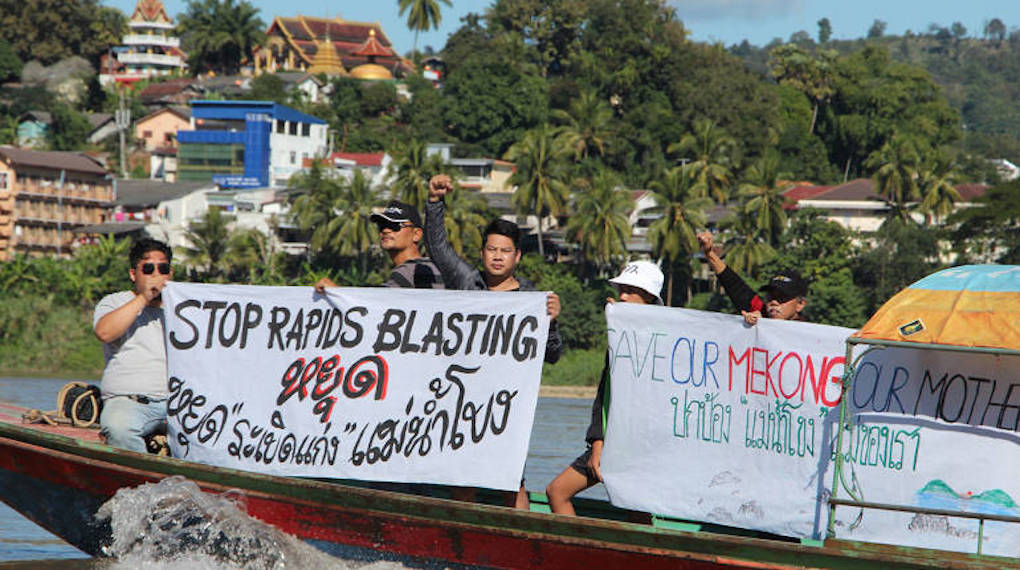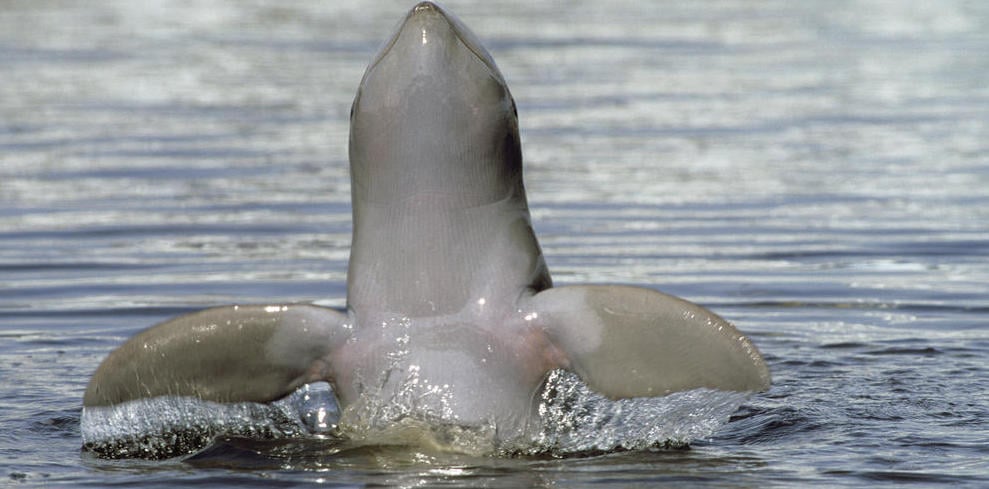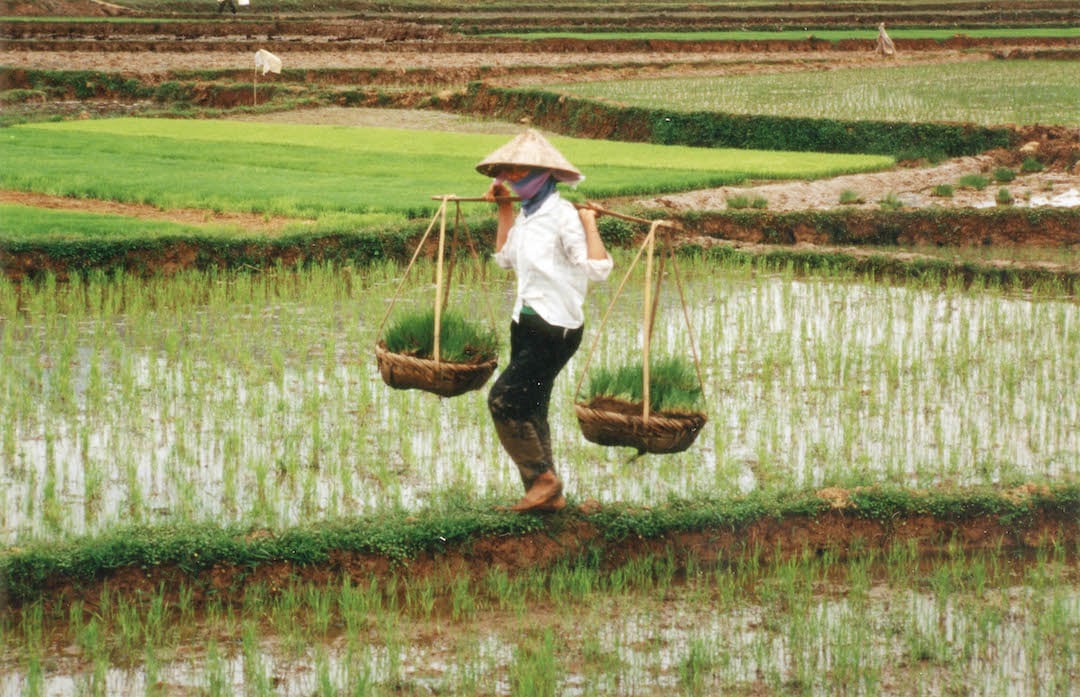The Lao government on Thursday provided clarifications and further information on major concerns about its Pak Beng dam.
Tag: fisheries
Push for labelling laws to have restaurants and takeaway shops tell us where our seafood comes from
SOUTH Australian seafood, there’s nothing like it. Tucking into a fisherman’s basket on the foreshore is a Croweater’s birthright — but do we really know what we’re eating?
Can ASEAN Save the Mekong River?
As discussions continue, the future of one of the world’s greatest rivers is as bleak as ever.
Enormous Fish Make One of the World’s Largest Migrations
Billions of fish make an annual trek through the rivers of Southeast Asia, supporting millions of people. Yet scientists still don’t know much about them.
New study shows significant impact of Chinese dams on Mekong
Large dams on the Mekong River in China’s Yunnan Province have considerable impacts on downstream river flows, new research by myself and colleagues at Aalto University in Finland and published recently in the Journal of Hydropower has shown.
Thailand Backing Controversial Survey to Clear Mekong Islets
The Thai government is backing a plan by China to demolish islets and rocky outcrops on the Mekong River as part of a decade long project to boost shipping navigation from China’s Yunnan province to Luang Prabang in Laos.
The project, known as the Development Plan for International Navigation on the Lancang-Mekong River (2015-2025) is set in three phases, with an initial survey, design, and environmental and social assessments.
Endangered dolphins at risk as controversial Don Sahong dam takes shape
“When I was born, my grandparents told me, ‘The dolphins are special. If you see them, you will get good luck. If you capsize your boat, the dolphins will save you. You can trust them.’”
The young man in his 20s is standing on the bank of the Mekong River in a section that a small pod of the critically-endangered Irrawaddy dolphin calls home – a home which is about to sit next to perhaps the most divisive hydropower dam project in the region.
Coal Plants Make Up Half of Vietnam Goverment’s Blacklist of Polluting Projects NGOs Point Out Urgent Need for Action
Following growing public alarm triggered by a series of major industrial pollution disasters the Ministry of Industry and Trade last week flagged 28 projects – including more than a dozen coal plants – as warranting “special monitoring” due to the risks they pose to the environment. The coal plants, which involve the state-owned power utility Electricity of Vietnam (EVN) or Vietnam Oil and Gas Group (PVN), have become flashpoints for public alarm due to widespread pollution affecting public health and other industry sectors such as farming, fishing and tourism.
Sambo Hydro Dam Info Urged
Youth groups and environmental activists have requested the government release the latest documents concerning the proposed Sambo hydroelectric dam in Kratie province, amid lingering concerns of the possible environmental damage the dam may cause.
Why silt is so important for the Mekong
Just as forests are more than only trees, rivers are more than water. The Mekong river carries massive loads of sediment and nutrients from upstream to downstream and across national borders, replenishing and enriching the land as it goes. This process is key to sustaining the ecological integrity of the river and surrounding landscapes, which in turn supports the economy.
However, a boom in sand mining and hydropower development on the Mekong is transforming the river’s sediment flows, with profound consequences for the region if left unchecked. For a prosperous, sustainable future for the region, all Mekong countries must come together now and adopt international standards for managing transboundary river resources.


